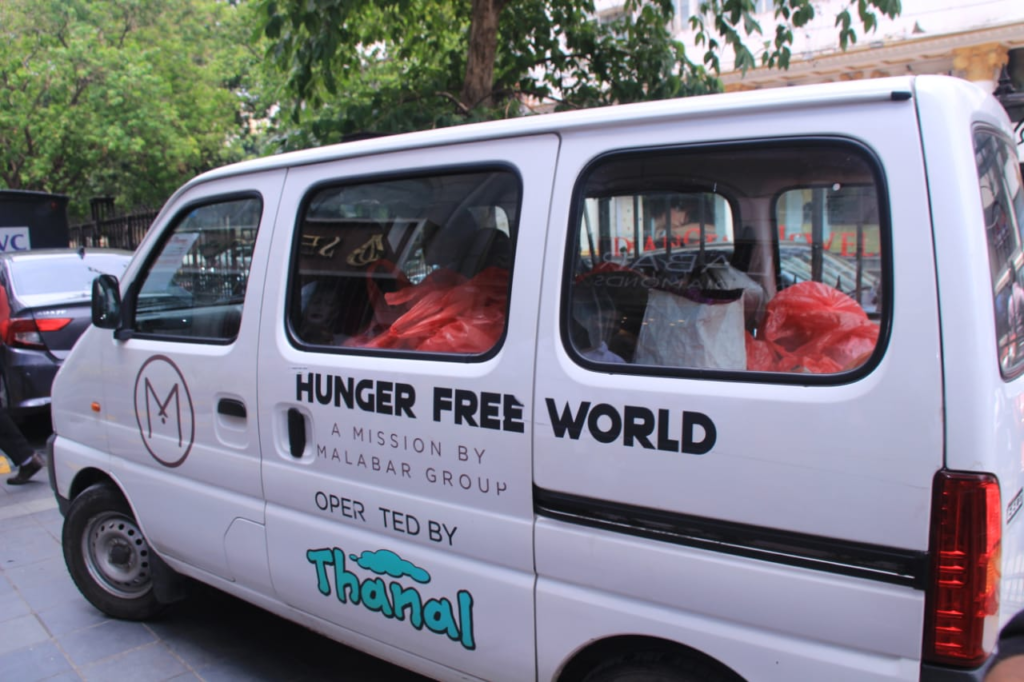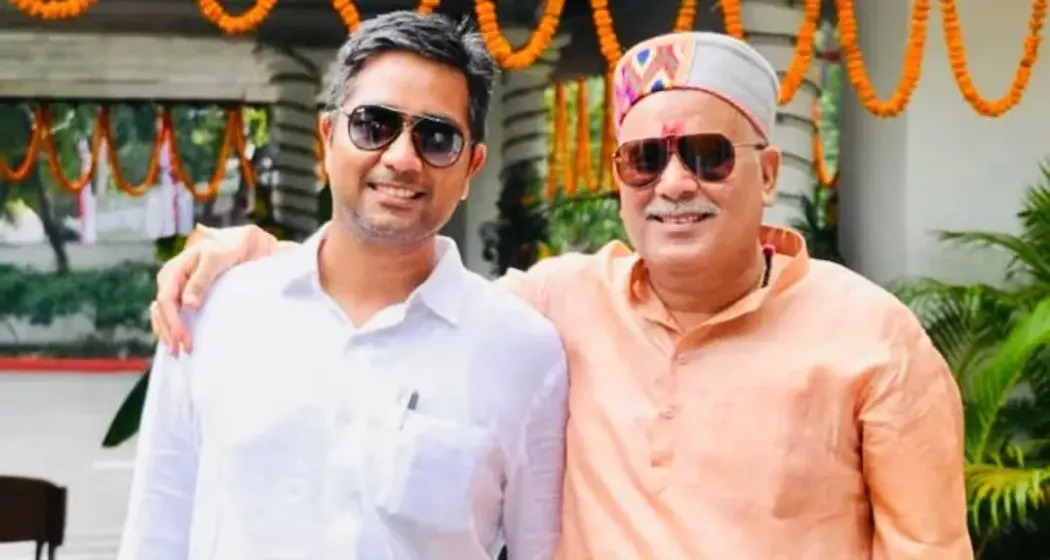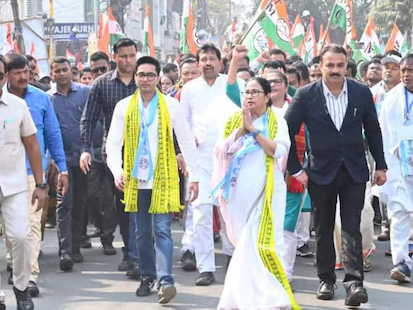Kolkata, 28 May 2024
To mark World Hunger Day, Malabar Group, the world’s sixth-largest jewellery group, took significant strides in combating hunger through its ‘Hunger-Free World’ initiative. This comprehensive CSR programme, aimed at providing nutritious meals to the needy across the country, witnessed the distribution of food packets in various parts of Kolkata. The Malabar Gold and Diamonds stores on Camac Street and Kankurgachi played a pivotal role in this effort.
A Mission Aligned with Global Goals
The ‘Hunger-Free World’ project is closely aligned with the United Nations’ Sustainable Development Goal 2, which aims to achieve Zero Hunger. This initiative is a testament to Malabar Group’s commitment to eradicating hunger by providing daily meals to the underprivileged, thereby contributing to the global fight against hunger.
Execution and Expansion
In partnership with the well-known social welfare NGO Thanal – Daya Rehabilitation Trust, Malabar Group has set up modern kitchens in various locations. These kitchens, staffed by skilled chefs, prepare nutritious food in hygienic conditions. Volunteers from Malabar Group and Thanal distribute these food packets to needy individuals in urban and suburban areas, directly reaching those who need it most.
Looking ahead, Malabar Group has ambitious plans to expand the ‘Hunger-Free World’ programme. For the fiscal year 2024-25, the Group aims to distribute 51,000 nutritious meals per day across the country. This expansion includes distributing approximately 3,500 food packets daily in different parts of Kolkata and 5,700 food packets across the East Region, encompassing West Bengal, Odisha, and Jharkhand.
Chairman’s Vision
MP Ahammed, Chairman of Malabar Group, highlighted the programme’s success and future plans. Currently implemented in 37 cities across 16 states, including Union Territories and some Gulf countries, the programme will now cover 70 cities. Additionally, the initiative will extend to school children in Zambia. Presently, 31,000 food packets are distributed daily, with plans to increase this number to 51,000.
Beyond Hunger
The NGO volunteers are also surveying beneficiaries to understand the social and economic causes of hunger. Furthermore, the Malabar Group, in association with Thanal, has launched the ‘Grandma Home’ project to support poor and orphaned elderly women with free food, accommodation, and healthcare. Currently, such homes exist in Bengaluru and Hyderabad, with plans to establish more in Chennai, Kolkata, Delhi, Mumbai, and selected cities in Kerala.
The Group is also active in other social welfare activities, including financial assistance for medical care, education support for female students, and partial support for house construction. Malabar Group dedicates five percent of its profits from its various verticals to CSR activities, having already spent Rs 246 crore on such initiatives.
Conclusion
Malabar Group’s ‘Hunger-Free World’ programme represents a significant effort towards eradicating hunger and supporting the needy. With its expansive plans and dedicated execution, the Group is set to make a substantial impact in the fight against hunger, providing hope and sustenance to thousands across the country.









